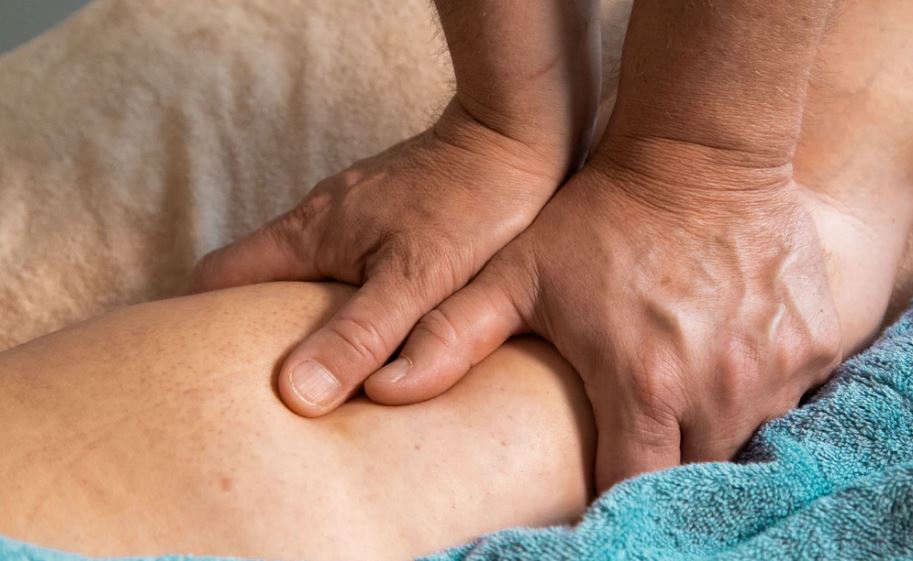According to the Caregiving in the U.S. 2020 report, 53 million Americans are providing unpaid care for relatives and friends. The majority of those caregivers are looking after people who are aged 50 or older.
Whether it’s recovering from an injury, surgery, or a fall, in-home care can offer a person comfortable and familiar surroundings in which to facilitate their rehabilitation. Additionally, it allows caregivers to focus their attention and support on the person that needs it.
If you are looking after an elderly relative at home this article can offer some helpful tips and guidance on how to make their rehabilitation therapy a success.
Review Goals
Rehabilitation is a collaborative effort between you, your loved one, and their therapy team. A frequent review of your relative’s goals and medications will help to ensure a successful return to health.
Manage Expectations
Before your loved one returns home from the hospital, it is important to set realistic goals for their recovery. What limitations will your loved one have to come to terms with in the short to medium term? Will rehabilitation be effective at home? Consult with their therapy team to ensure all questions, concerns, and expectations have been addressed.
Home Adjustments
Your relative’s therapy team should undertake an evaluation of your home to see what adjustments may be required.
Rehabilitation of your loved one may only result in a partial recovery. For example, recovery from a stroke could leave permanent paralysis on one side of the body. If this is the case, it may be necessary to make certain home adaptations that will aid your relatives in their daily life.
Access to toilet and shower facilities may require certain modifications as mobility is impaired. Installing features such as grab bars near the toilet and shower for stability or a roll-in shower chair may be some of the adjustments to consider.
Establish a Plan
Work with your relative’s therapy team to plan how you can meet any needs you might have upon their return home. For instance, will you require additional help around the home with chores or in managing medical-related matters, such as giving medicine? Do you have transportation to and from appointments?
Many highly skilled and experienced therapists can also work with you and your healthcare team to offer your loved one rehabilitation therapy from home. To find out more click on home health care near me.
Training and Education
Training sessions with the rehabilitation team should be attended to help train you for your relative’s special needs while they are in your care.
Relevant conferences and meetings should also be attended to ensure your loved one is progressing as they should. This also offers an opportunity to raise any concerns and discuss any questions you may have.
Follow-Up Care
Make sure to schedule follow-up appointments with doctors to keep track of your relative’s health and progress as well as follow-up care for outpatient therapy.
Celebrate Progress
As your loved one moves through their rehabilitation program, be sure to recognize their achievements and how far they have progressed.
With these seven tips, you can ensure that home care of your relative and their rehabilitation therapy can be a success.




